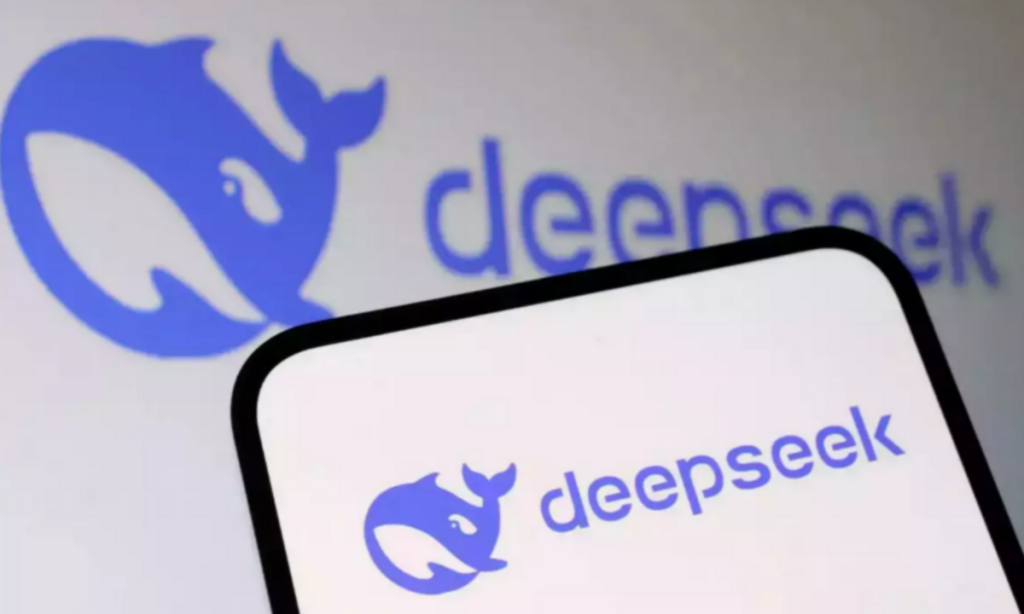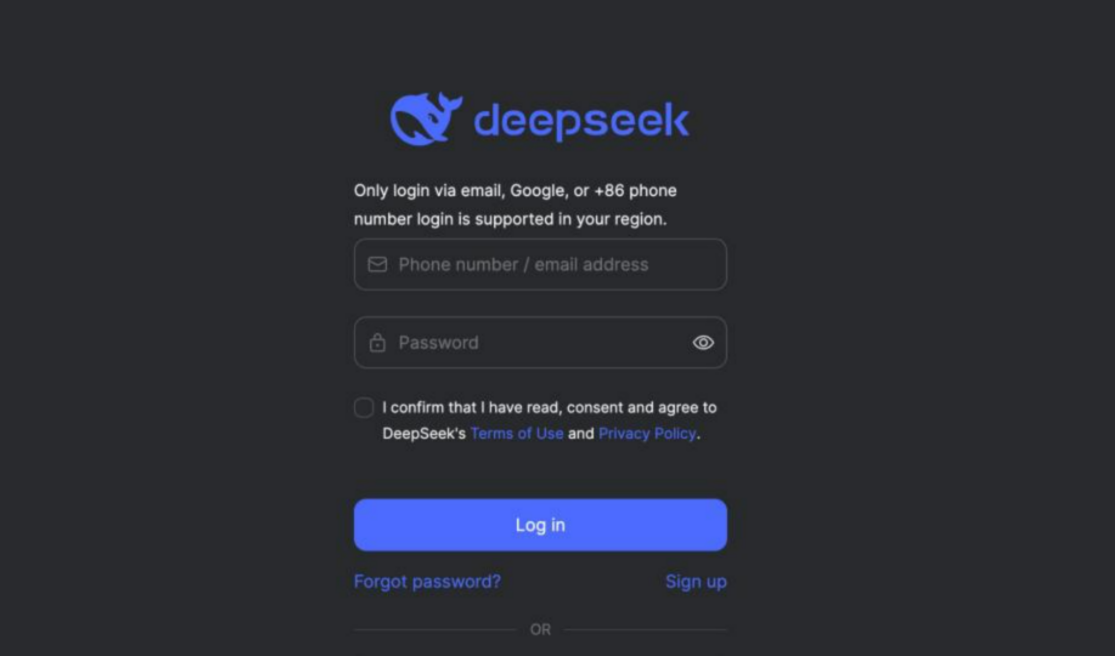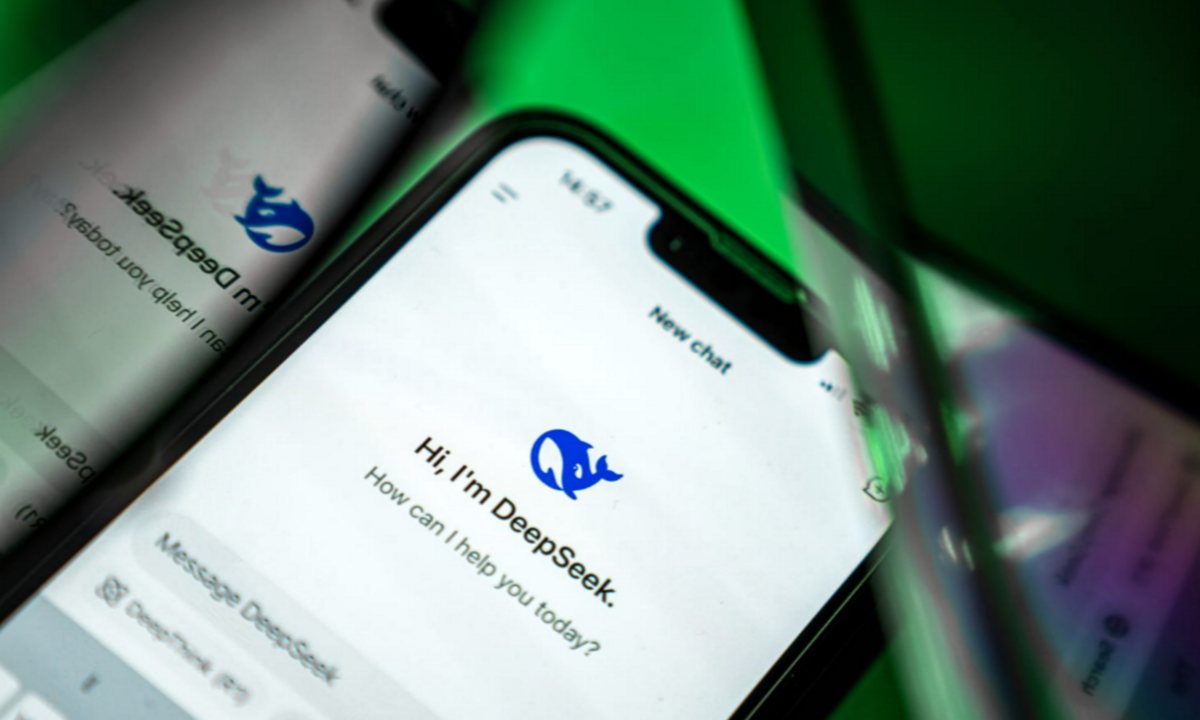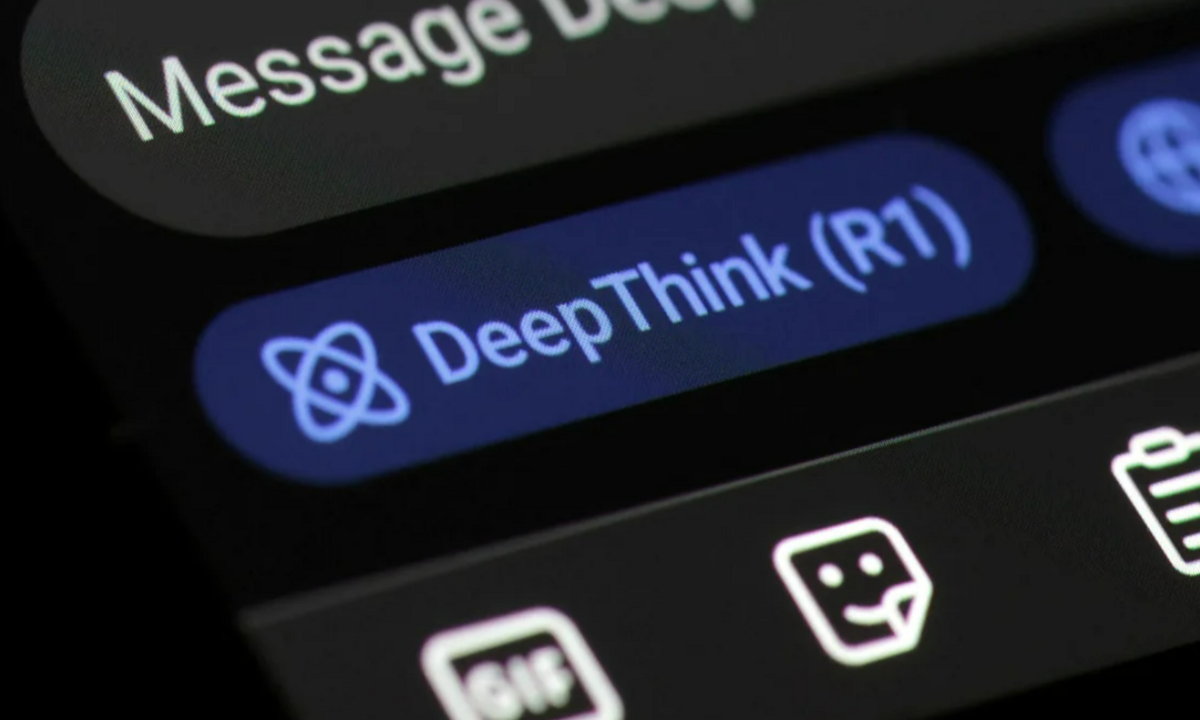Chinese AI startup DeepSeek has been making headlines for its groundbreaking AI models, which rival the performance of U.S. giants like OpenAI and Meta while being far more cost-effective. However, with its newfound global recognition, the company now faces unexpected challenges. DeepSeek recently revealed it is under “large-scale malicious attacks,” forcing it to limit new user registrations temporarily.
This announcement comes at a time when DeepSeek is at the peak of its popularity, shaking up the global AI industry and raising serious questions about the future of U.S. dominance in artificial intelligence.
DeepSeek’s Cost-Effective Models Rock the AI Industry
DeepSeek took the tech world by surprise with its AI models, which deliver performance comparable to leading U.S. models at just 3-5% of the cost. While U.S. firms like OpenAI rely heavily on expensive Nvidia chips and billions in funding, DeepSeek managed to create its competitive models using fewer resources.
The startup’s flagship models, DeepSeek-V3 and DeepSeek-R1, have already set new benchmarks in cost-efficiency. Its rapid success has even led to its AI Assistant app becoming the most downloaded free app on the U.S. App Store, surpassing ChatGPT. This achievement underscores the global appeal of DeepSeek’s technology.
However, this rise in prominence has also brought attention from competitors, critics, and possibly malicious actors.

The Dark Side of Success: Malicious Attacks
DeepSeek has announced that it is temporarily restricting new user registrations because of what it described as “large-scale malicious attacks.” According to reports, the attacks have disrupted the company’s operations, although existing users remain unaffected.
The company did not disclose the source of these attacks but emphasized that its current users will still have access to all services. While such incidents are not uncommon for tech companies experiencing rapid growth, they highlight the challenges DeepSeek faces as it steps onto the global stage.
A Challenge to U.S. AI Dominance
DeepSeek’s success is not just a technological breakthrough; it’s also a statement about the limits of U.S. trade policies aimed at restricting China’s access to advanced AI technology. Despite U.S. regulators banning the export of high-end Nvidia AI chips to Chinese companies, DeepSeek has managed to build competitive models using less-advanced hardware.
This achievement has led to sharp declines in U.S. tech stocks, with companies like Nvidia, Microsoft, and Meta seeing billions wiped from their market value. Nvidia alone experienced a record-breaking single-day loss of nearly 17%, equating to $589 billion in market value.
Experts believe DeepSeek’s rise could force U.S. policymakers and companies to reconsider their strategies. Many are now questioning whether restricting access to high-end technology is enough to maintain U.S. dominance in AI.
Temporary Restrictions Raise Questions
While DeepSeek continues to gain popularity, the temporary registration restrictions have raised questions about the startup’s ability to scale its services globally. Some analysts speculate that the attacks could be a result of competitors trying to slow down the company’s progress. Others suggest that the startup’s rapid growth might have exposed vulnerabilities in its infrastructure.
DeepSeek has reassured users that these challenges are temporary and that the company is taking steps to strengthen its security measures.
Implications for the Future of AI
DeepSeek’s rapid ascent is a major wake-up call for the global AI industry. It has proven that innovation does not always require billions of dollars in funding or access to the most advanced hardware. The company’s success also highlights the growing role of open-source AI models, which are harder to regulate and offer a pathway for emerging companies to compete with established players.
For U.S. firms, DeepSeek’s success has been a sobering reminder of the global nature of AI innovation. It has forced tech giants to rethink their investment strategies and raised questions about whether current levels of spending are sustainable.
At the same time, policymakers in Washington are being urged to revisit their approach to export controls. Many believe that the U.S. needs to focus on building long-term solutions to maintain its competitive edge in AI.
What’s Next for DeepSeek?
Despite the ongoing challenges, DeepSeek remains focused on its mission to make AI accessible and cost-effective. Its ability to innovate with limited resources has already earned it a place among the most influential tech companies in the world.
While the malicious attacks represent a setback, they also signal the company’s importance in the global tech landscape. If DeepSeek can overcome these challenges, it has the potential to reshape the future of AI and challenge the dominance of U.S. tech firms for years to come.
Disclaimer—Our team has checked this article to ensure its accuracy and eliminate any misinformation. We are committed to providing clear and reliable information for our readers.



